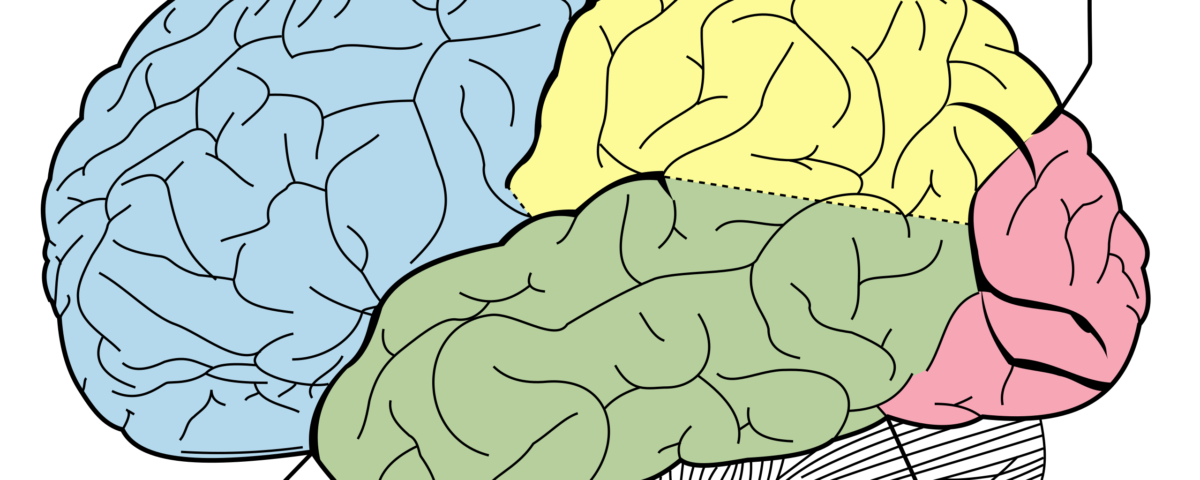- Have any questions?
- (561) 206-2574
- jamie@JamieTheTutor.com
National Reading Month: Understanding The Science of Reading

Effective Reading Comprehension Strategies for Students with Language Deficits
February 6, 2024
Autism Awareness
April 17, 2024National Reading Month: Understanding The Science of Reading

The Science of Reading is a game-changer in education, providing a research-based roadmap for effective reading instruction. Here’s why it’s crucial for reading development:
- Evidence-Based Approach: The Science of Reading isn’t based on hunches or fads, but on a robust body of research from linguistics, cognitive science, and neuroscience. This knowledge helps educators understand how children acquire literacy skills and identify effective teaching methods.
- Decoding Skills: The Science of Reading emphasizes the importance of explicit and systematic phonics instruction. Phonics teaches the relationships between letters and sounds, a foundational skill for decoding unfamiliar words. Strong decoding skills allow children to sound out words independently, increasing fluency and comprehension.
- Building Blocks of Reading: The Science of Reading identifies five key components for successful reading development:
- Phonemic Awareness: Understanding the sounds within spoken language.
- Phonics: Decoding written words by understanding letter-sound relationships.
- Fluency: Reading smoothly and accurately at a proper pace.
- Vocabulary: Knowing and understanding word meanings.
- Comprehension: Grasping the meaning of what is read.
The Science of Reading ensures all these aspects are addressed in a structured way, creating a strong foundation for reading proficiency.
- Early Intervention and Progress Monitoring: The Science of Reading highlights the importance of early intervention for struggling readers. By identifying difficulties early and providing targeted support, educators can prevent issues from snowballing. Additionally, the Science of Reading emphasizes ongoing assessments to monitor progress and adjust instruction as needed.
- Informs Instruction and Policy: The Science of Reading provides clear guidelines for educators, allowing them to deliver effective literacy instruction. It also informs policymakers on developing curricula and allocating resources to support Science of Reading-based practices.
Understanding the Science of Reading is crucial for anyone involved in literacy education, as it provides a research-based foundation for successful reading development.

